Erschaffe dein Naturreservat
Dein Triumph für die Artenvielfalt und das Weltklima
Lass uns Regenwald unantastbar machen
Der Amazonas beherbergt unzählige Arten von Tieren, Pflanzen und Mikroorganismen, von denen viele nirgendwo sonst auf der Erde zu finden sind.
Indem wir den Regenwald unantastbar machen, ermöglichen wir den Tieren, unter ihren eigenen Bedingungen zu leben und diese Ökosysteme und Lebensräume für künftige Generationen zu erhalten.

Save the Rainforest! Protect 100 m² for just €7/month

Wähle dein Naturschutzgebiet

Das besondere Geschenk
Du kannst jetzt auch Regenwald verschenken: Verschenke echte Wirkung mit unserem Regenwaldschutz-Plan, einem einzigartigen Geschenk, mit dem du jeden Monat ein Stück Regenwald im Namen des Beschenkten schützt.
Deine Vorteile mit einem eigenen Schutzgebiet
Dein riesiger Impact
- Schutz der tropischen Tier- und Pflanzenwelt
- Gewaltiger Kohlenstoffspeicher
- Die größte Frischwasserquelle der Erde
ist nachverfolgbar und beweisbar
- Exklusiver Zugang zum digitalen Rainforest Explorer mit allen Daten zu deinem Gebiet
- Du kannst dein Land virtuell besuchen, teilen und zeigen
- Fund The Planet Dokumente 100% transparent einsehbar
und rechtlich abgesichert
- Wir schließen einen Vertrag statt einer Spende
- Dadurch hast du eine rechtliche Gewährleistung und Garantie
Jederzeit kündbar. Erweitertes Widerrufsrecht: Innherhalb von 30 Tagen einfach zurückgeben - ohne Fragen und Einwände.
Dein Schutzgebiet. Dein Beitrag.
So funktioniert es:
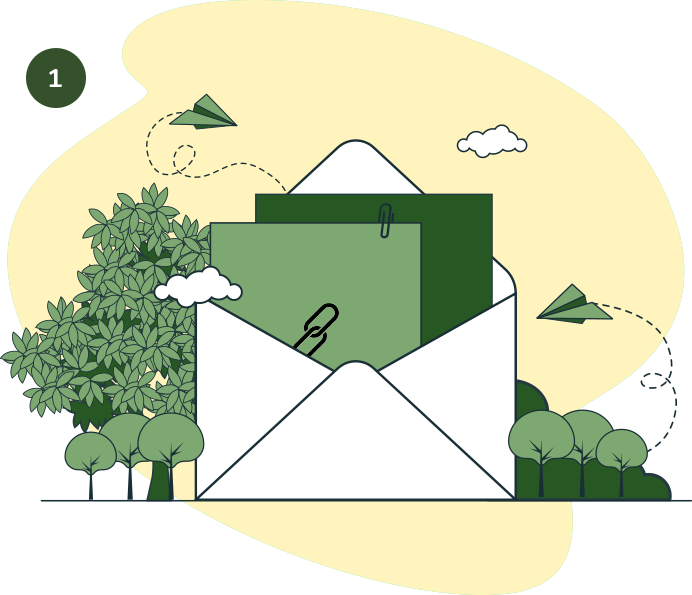
1. Dein persönliches Schutzgebiet
Größe auswählen
Du wählst die Größe deines persönlichen Schutzgebiets und den Regenwald-Schutzplan, der am besten zu dir passt
2. Rainforest Explorer:
Link zu deinem Regenwald
Nach dem Kauf bekommst du eine E-Mail, die deine Bestellung bestätigt und einen Link zu deinem Regenwaldstück enthält.

3. Deine Garantie
Nachhaltiger Schutz
Dein Abonnement sorgt automatisch jeden Monat für nachhaltigen Schutz deines Regenwald-Naturreservats. Wir garantieren dir den Erfolg des Naturschutzes. Solltest du unzufrieden sein, kannst du es innerhalb von 30 Tagen zurückgeben. Du hast jederzeit die Freiheit zu kündigen.
Verifiziert und überprüfbar
-

Waldbesitz
Eingetragen im Grundbuch - umfassende Rechtssicherheit für permanenten Waldschutz.
-

Umweltstudien
Einsehbare verifizierte Umwelt- und Naturstudien.
-

Rainforest Explorer
Unsere innovative Web App mit der du dein Waldstück und deinen Impact erkunden und selbst überwachen kannst.

Dein Beitrag
Du spielst die wichtigste Rolle beim Erhalt des Regenwalds und erschaffst mit dem Abschluss eines Regenwaldschutz-Plans DEIN persönliches Schutzgebiet.
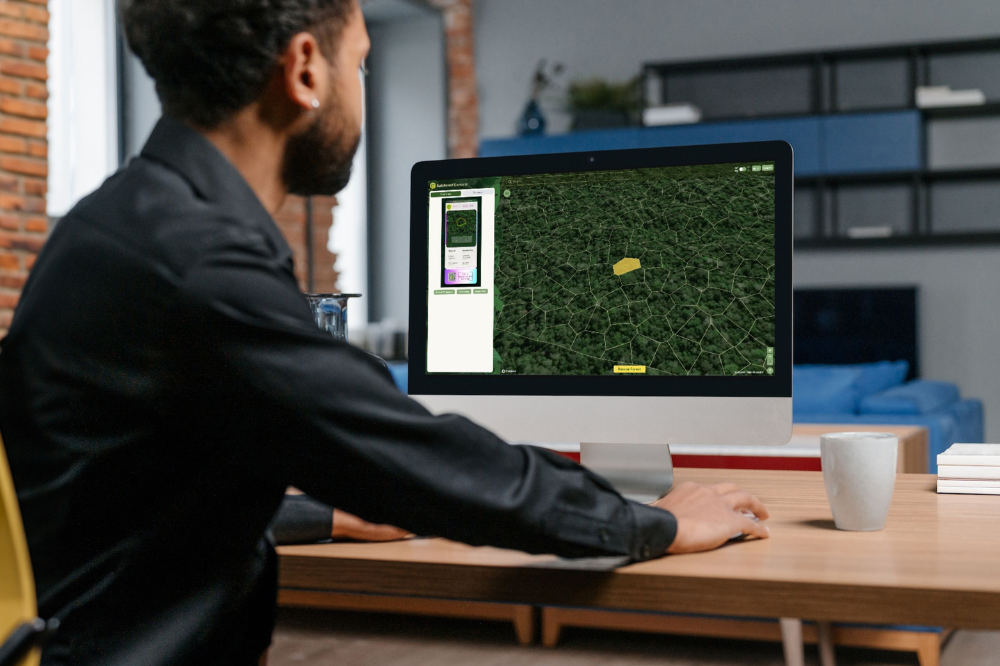
Der Rainforest Explorer
In unserer Web App, dem Rainforest Explorer, kannst du dein Schutzgebiet erkunden und teilen.
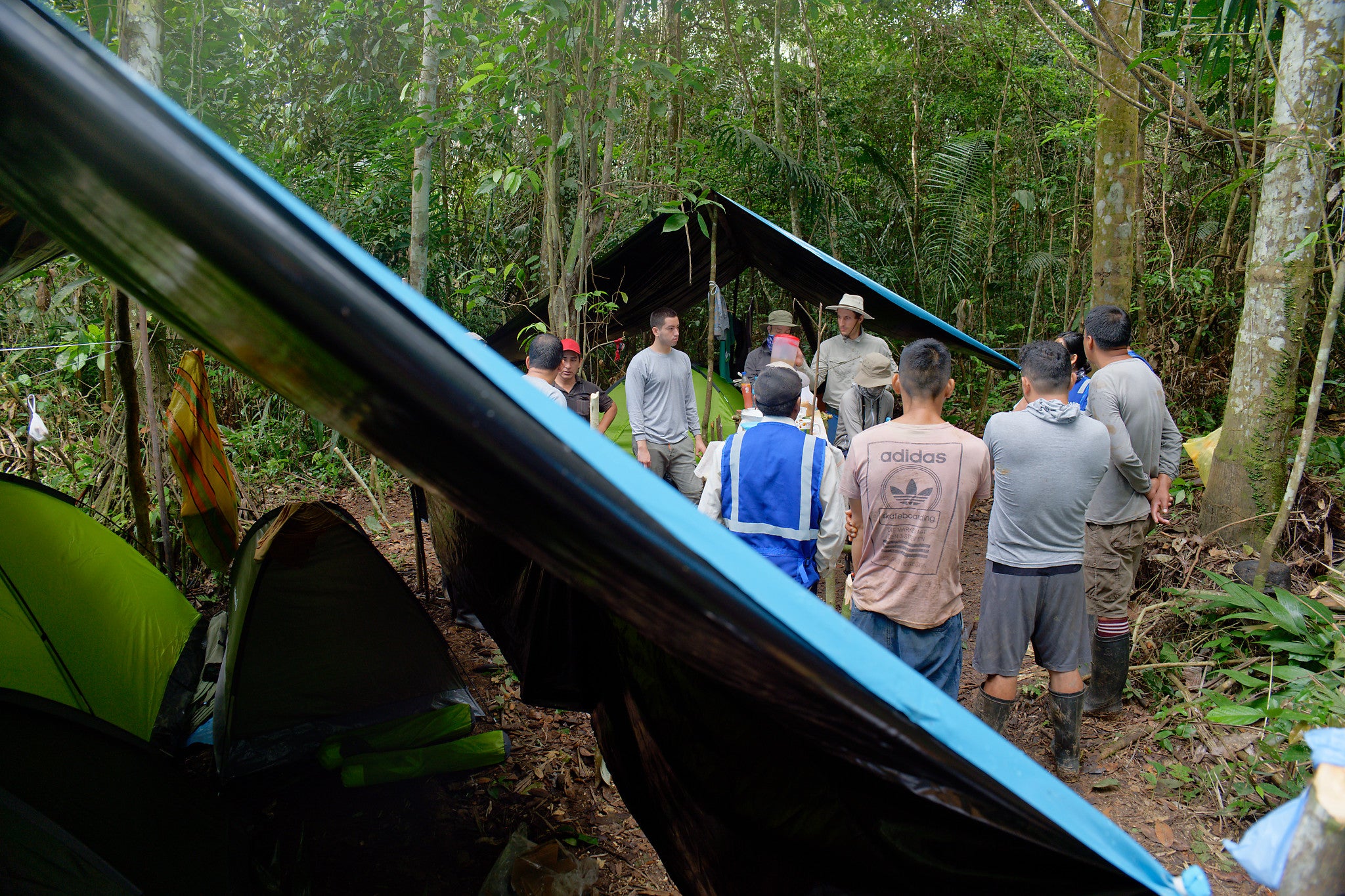
Wir kümmern uns
Fund The Planet recherchiert und erwirbt ökologisch besonders wertvolle Regenwaldstücke und kümmert sich um den Schutz vor Ort. Mit Garantie für dich.
Über uns
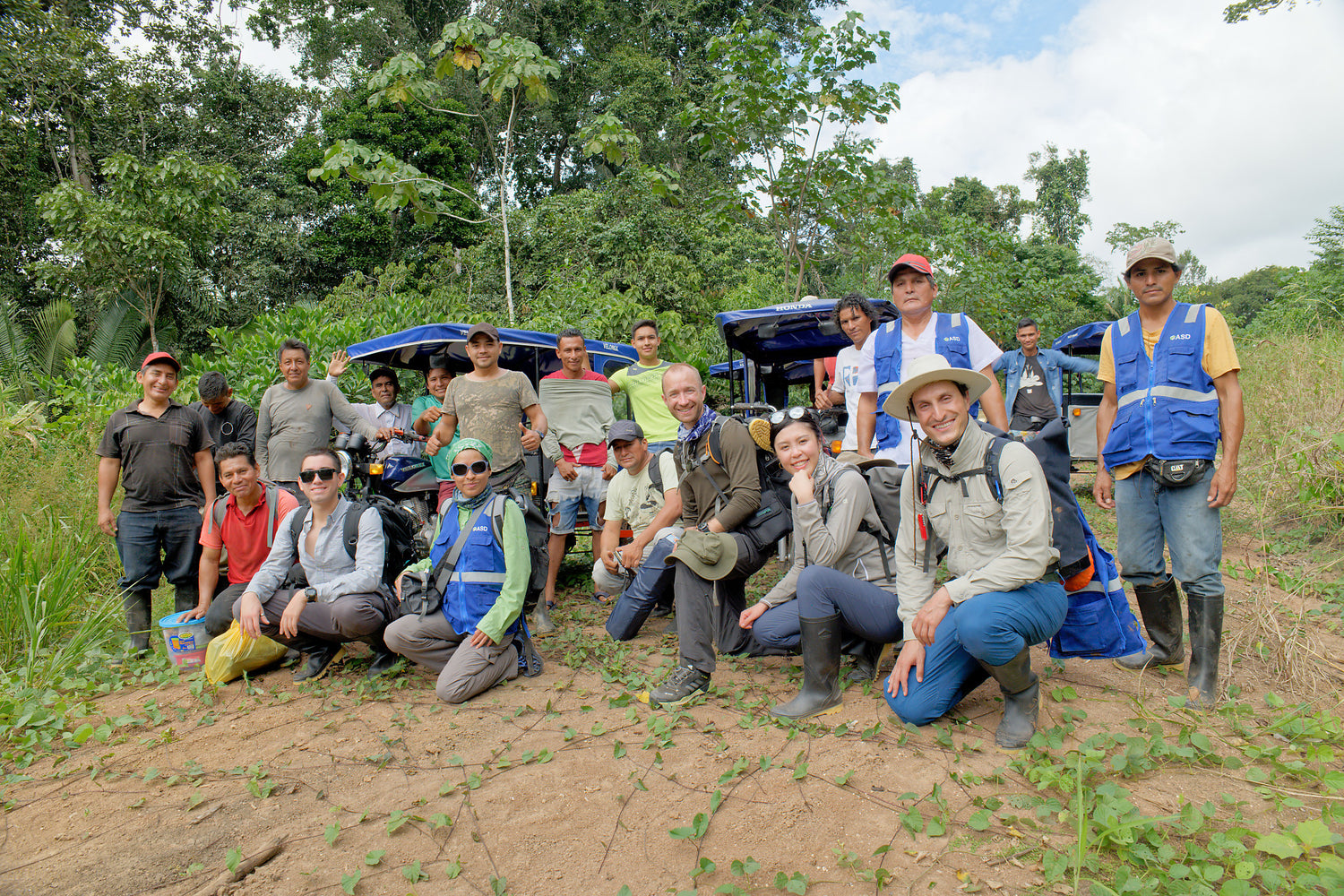
Wir haben es uns zur Aufgabe gemacht, die wertvollen Regenwälder der Erde vor dem unerbittlichen Druck der Abholzung zu schützen.
Traditionelle Methoden allein reichen nicht aus. Deshalb haben wir den Naturschutz neu definiert, indem wir direkt Land sichern und Sie - die Beschützer - befähigen.
-

400+
zufriedene Schützer:innen
-

1.000.000+
Quadratmeter bereits geschützt
-

12
engagierte Teamplayer
-

20 +
grünere Unternehmen
Was unsere Schützer:innen sagen



FAQ
How can I be sure my contribution actually protects the rainforest?
We offer full transparency: every subscriber can view their protected rainforest section in the digital rainforest explorer and receives regular updates and reports on conservation measures. In addition, we guarantee conservation success.
How does protecting rainforest support the fight against climate change?
By protecting the rainforest, we preserve vital CO₂ sinks that significantly reduce greenhouse gases and maintain biodiversity crucial for a stable climate.
Who is the (legal) owner of the forest?
We, Fund The Planet with the Munich-based company Green Token GmbH, have become the sole legal owner of the rainforest through the purchase. Ownership documents are available here: https://fundtheplanet.net/ownership - This approach allows us to protect the ecosystem and support local communities effectively.
How do you ensure protection on site, for example against illegal logging?
We work closely with the local communities and have employees on site. Residents of the neighboring communities, led by our forest engineer Angel, take care of protection on site. Measures include regular patrols, establishment of property boundaries, and the formation of a local nature conservation committee.
Can I cancel my subscription anytime?
Of course! Your impact. Your decision. You can cancel your subscription any time you like. Simply log in to shop.fundtheplanet.net with your email address and cancel with one click.
Why a subscription plan?
A subscription to Fund The Planet enables effective and long-term nature conservation. By making regular contributions, we can protect the rainforest in the long term and plan projects efficiently. Subscribers can track their contributions at any time, making them part of a global effort to preserve ecosystems.
Can I choose the size of the rainforest section I want to protect?
Yes, our subscription model is flexible. You can choose between different products for your contribution and determine the size of the protected rainforest section.
Can I also rescue forests with you that are elsewhere in the world?
This is not possible at the moment. We chose the Amazon because virgin forest there is acutely endangered and saving it is very cost-effective. In contrast, most primeval forests in other regions are already in nature reserves.
How is Fund The Planet different from other environmental organizations?
We combine direct action with complete transparency and traceability. Our focus is on effectively protecting rainforests by purchasing and permanently preserving forest areas.
Can I get a donation receipt?
No, we currently do not take donations. However, you will receive an official invoice for your contribution, ensuring transparency and accountability.
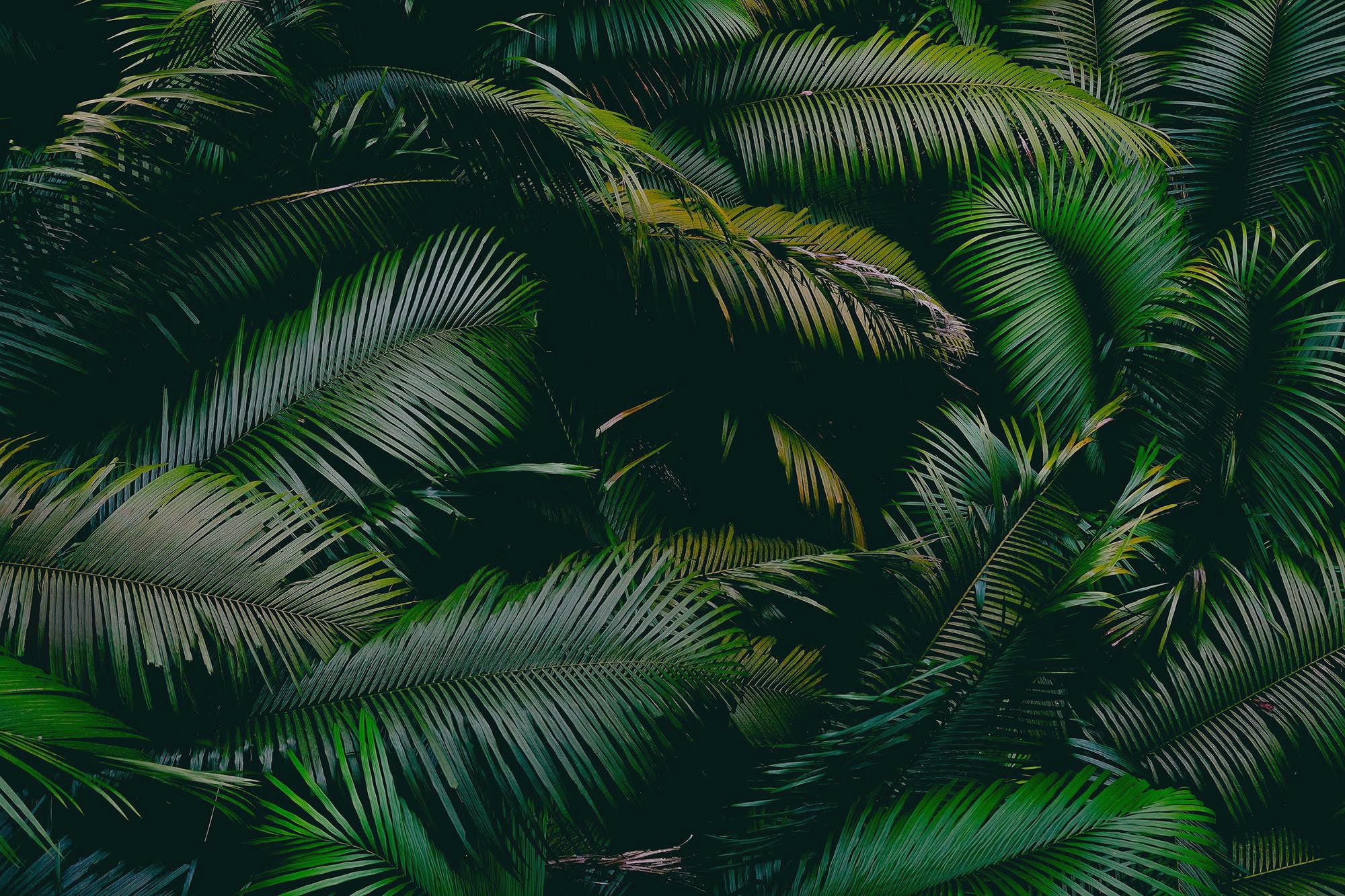
Worauf wartest du noch?
Du bist nur einen Klick von deinem persönlichen Regenwald-Schutzgebiet entfernt.






